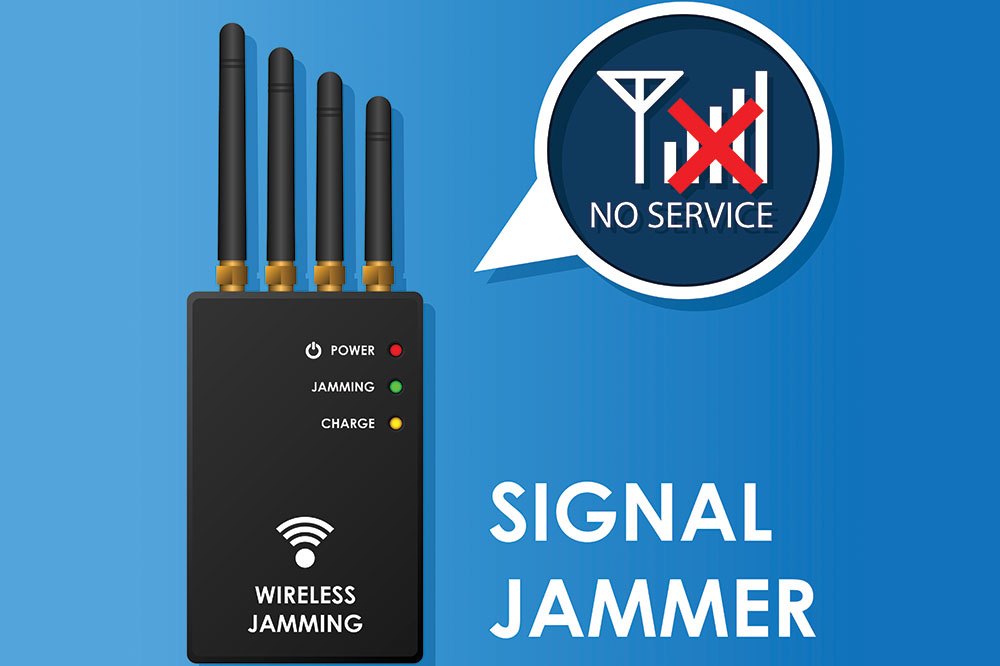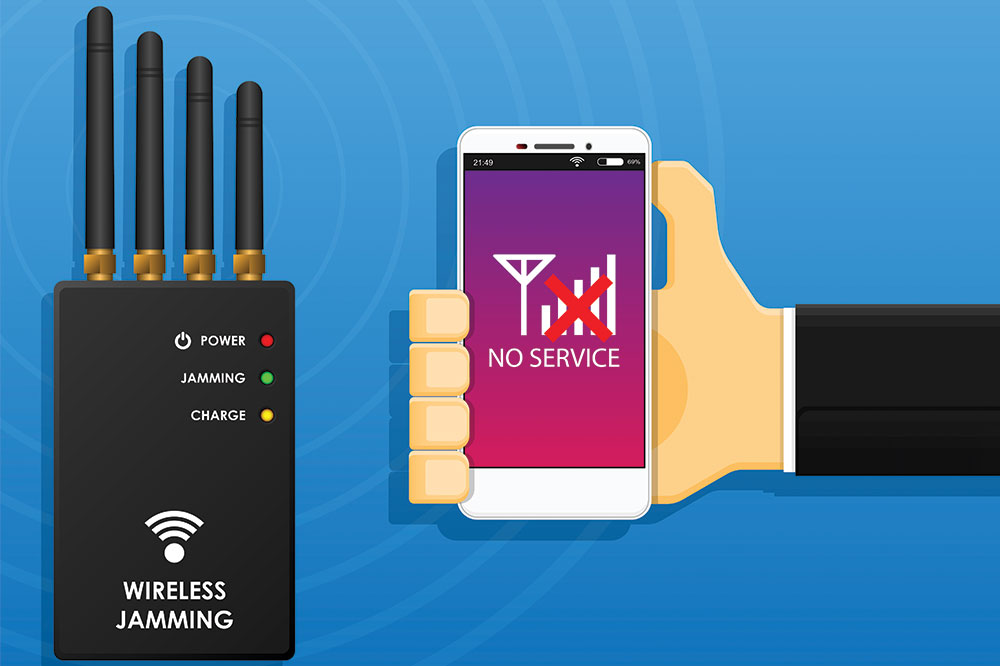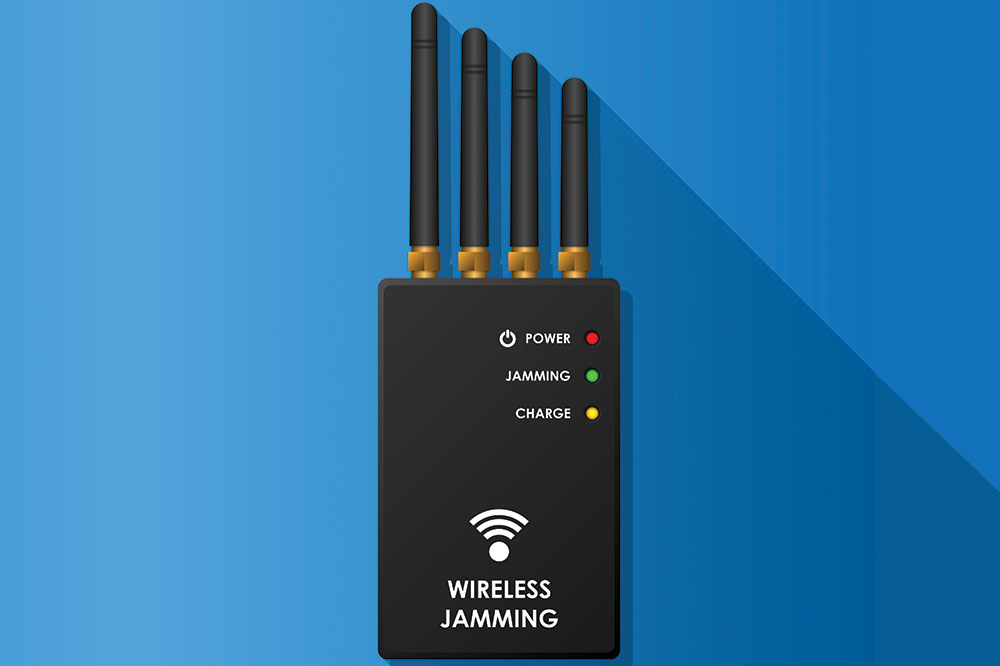Essential Insights into Signal Jammer Devices: Uses, Functionality, and Legal Considerations
This comprehensive article delves into the key aspects of signal jammer devices, including their functionality, primary usage scenarios, impact on communication systems, and the strict legal regulations governing their use worldwide. It highlights the critical role of these devices in security operations while emphasizing the importance of responsible usage to prevent misuse and safeguard public safety.

Understanding Signal Jammer Devices: Key Factors and Legal Implications
Signal jammer devices have become a significant tool in the realm of communication disruption, primarily designed to interfere with mobile network signals by blocking the transmission between mobile phones and cellular towers. These devices serve critical functions in high-security environments, law enforcement operations, and military applications. Despite their strategic importance, their use is heavily regulated due to the potential for misuse and public safety concerns.
How Do Signal Jammers Function?
Known also as cell blockers or signal disruptors, these advanced devices operate by emitting radio frequency interference (RFI). This interference effectively blinds wireless communication within a specific area, rendering mobile devices unable to send or receive signals. The technology behind signal jammers involves broadcasting radio signals on the same frequency bands used by cellular networks, overwhelming the signals from legitimate towers and preventing successful communication.
High-quality jammers are capable of covering large geographical zones, from small rooms to expansive outdoor spaces. These jammers can be tailored for specific environments, such as indoor facilities, open public spaces, or secure military zones, to optimize their effectiveness. Their deployment requires precise calibration to ensure minimal disruption to unintended areas while effectively disabling targeted communications.
While signal jammers present practical benefits in certain contexts, their potential for misuse has raised significant legal and ethical issues. Many organizations regulate or ban their use entirely, emphasizing the importance of understanding the specific applications and restrictions.
Primary Reasons for Using Signal Jammers
In environments where communication disruptions could lead to security breaches or safety threats, signal jammers serve as essential tools. For example, law enforcement agencies deploy them to neutralize remote-controlled bombs during counter-terrorism operations or hostage negotiations. Military personnel use signal jammers to prevent adversaries from establishing remote communication links or sabotaging operations. Some private institutions and event organizers might consider using jammers to deter mobile phone usage during sensitive meetings or performances, although this is often legally restricted.
Interestingly, some entities deploy signal jammers to improve security and reduce distractions, including preventing unauthorized recordings or loud phone conversations in sensitive areas such as government buildings, correctional facilities, or examination halls. However, the widespread use of these devices outside authorized contexts can lead to conflicts with communication laws.
Effect on Cell Signal Boosters and Broader Communication Infrastructure
Many individuals and organizations rely on cell signal boosters to enhance connectivity in areas with weak signals — such as rural regions, underground facilities, or large buildings. Unfortunately, signal jammers can inadvertently interfere with these boosters, negating their benefits, or worse, disrupting critical communication systems. This potential for interference underscores the need for responsible use and strict regulation of signal jammers to prevent unintended service outages.
Legality and Regulations Surrounding Signal Jammers
The legal landscape governing signal jammers varies worldwide, but in many countries, their usage is strictly prohibited. For instance, in the United States, the Federal Communications Commission (FCC) enforces a comprehensive ban on their sale, possession, or operation. The primary reason for these restrictions is that jammers can block essential emergency communications, such as calls to 911, which are vital during crises.
The Communications Act of 1934 clearly states that unauthorized interference with radio communications is unlawful. Although signal jammers might be portrayed as gadgets in movies or TV shows, their real-life application without proper authorization is illegal and could result in severe penalties, including hefty fines and imprisonment. They are intended solely for use by authorized government or military personnel during specific security operations and are not commercially available for civilian use.
Furthermore, deploying such devices without explicit approval can jeopardize public safety, hinder law enforcement efforts, and cause widespread communication blackouts. As technology advances, regulatory authorities continue to strengthen policies and enforcement to prevent misuse and ensure public safety concerning these powerful devices.
In summary, while signal jammers can be crucial tools in certain security-sensitive scenarios, their potential for abuse, coupled with strict legal restrictions, means they must be used responsibly and within the boundaries of the law. Unauthorized use not only carries legal consequences but also poses significant risks to public safety and communication infrastructure.




